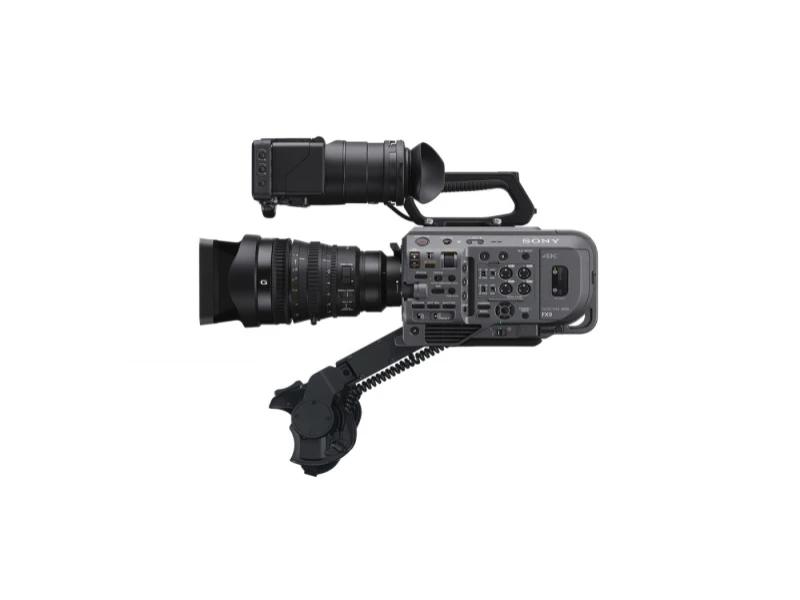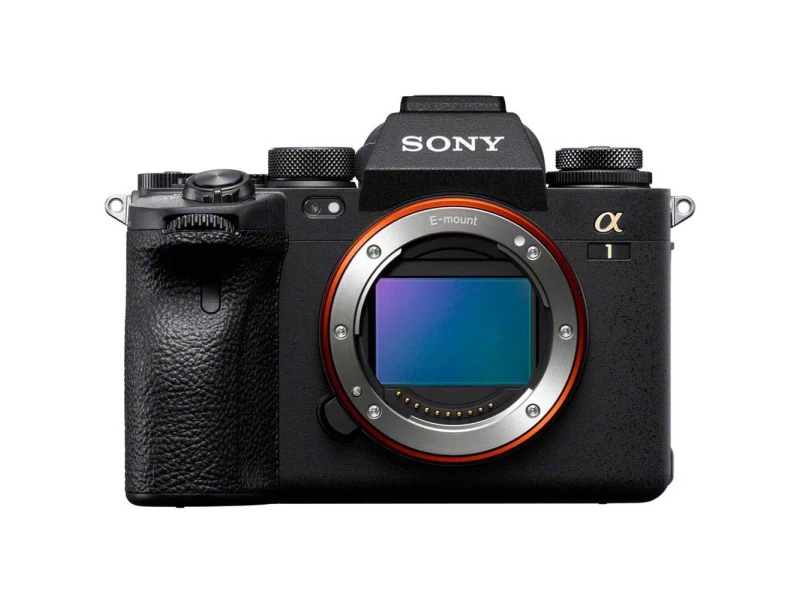Sony FX9 vs Sony A1
Sony FX9 vs Sony A1
When comparing Sony A1 and Sony FX9, which one is better?
1. Weight
Weight is really important when it comes to cameras, since you need to be able to hold it for extended periods and carry it about. Sony A1 is the lighter camera with a weight of 737 g compared to the weight of Sony FX9 which weighs 4800 g. This means that A1 weighs 84.65% less than FX9.
Winner: Sony A1
Regarding weight: A heavy camera can be a pain to carry around and can also make your wrists start aching after using the camera for a long time. Just make sure that the camera you choose to buy isn't too heavy when combined with the lens you want to use.
2. Compare lens mount
Both Sony FX9 and Sony A1 have the same lens mount; Sony E. This means that lenses with this mount will fit both cameras.
Winner: Tied
Regarding lens mount: The camera's lens mount determines which type of lenses you can attach to the camera. Popular lens mounts include Canon EF and RF, Nikon Z and F, Sigma L, Micro Four Thirds, and the professional PL mount.
3. Internal Raw Recording
Winner: Tied — Neither have this feature
Regarding internal raw recording: The ability to record raw video internally is found in cameras such as Blackmagic models. It takes up more storage space but is also more flexible afterwards. We don't think internal raw video recording is a requirement.
Specifications
Full specifications table of Sony FX9 and Sony A1:
| Sony FX9 | Sony A1 | |
 |  | |
| Brand | Sony | Sony |
| Weight | 4800 g | 737 g |
| Lens Mount | Sony E | Sony E |
| Shutter Type | Rolling Shutter | Rolling Shutter |
| Film Camera or Still Camera | Cinema | Stills |
| Digital or analog | Digital | Digital |
| Internal Raw Recording | No | No |
| Stabilization | Yes | Yes |
| Colour | Missing | Black |
| Resolution | Missing | 50.1 MP |
| USB Streaming | Missing | Yes |
| Autofocus | Phase Detection Autofocus | Phase Detection Autofocus, Contrast Detection Autofocus |
